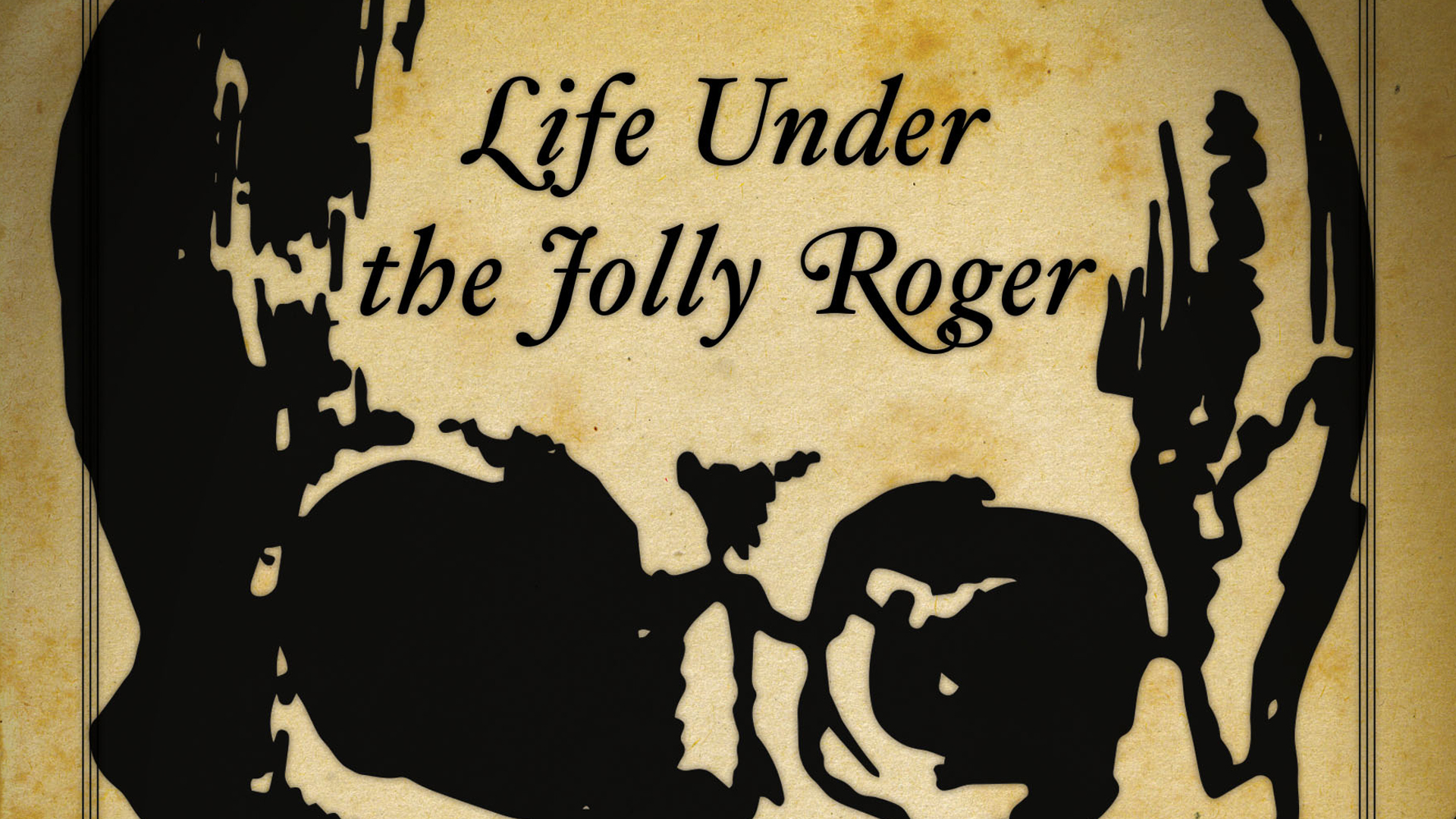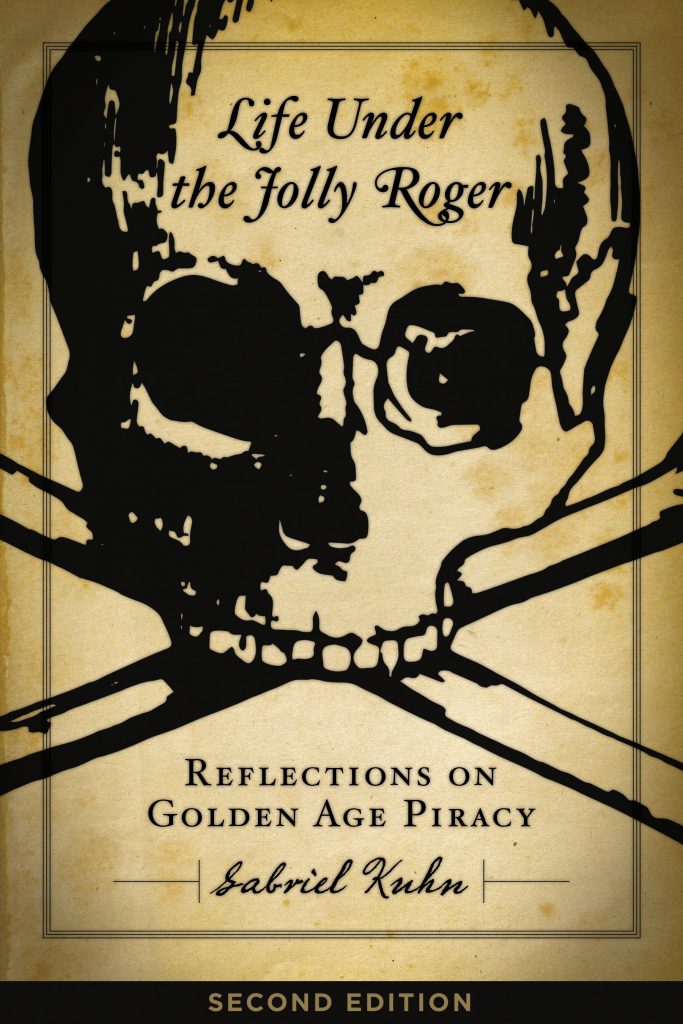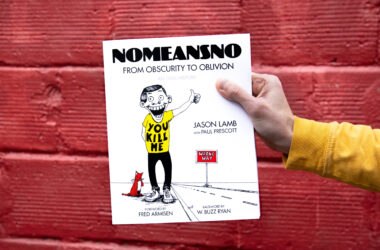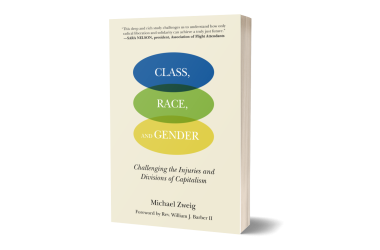Znet
March 23rd, 2010
Can you tell ZNet, please, what Life Under the Jolly Roger: Reflections on Golden Age Piracy is about? What is it trying to communicate?
Life Under the Jolly Roger is an analysis of “golden age piracy” – the piratical era that emerged in the Caribbean around 1690 and spread to the Indian Ocean and the West African Coast before being crushed by authorities around 1725. It is the era that has given us famous pirate names like Blackbeard, Bartholomew Roberts, Anne Bonny, and Mary Read, and most of the archetypical pirate images that have fascinated our minds since – the success of the Pirates of the Caribbean series being just one example.
It is not a history book per se. Great histories of golden age piracy are already out there, first and foremost Marcus Rediker’s Villains of all Nations. What this book attempts to do is to analyze what golden age piracy meant culturally, economically, and politically. A wide range of theoretical concepts is used to explore the golden age pirate phenomenon in more depth, with references ranging from Pierre Clastres to Michel Foucault, from Marshall Sahlins to Mao Tse-Tung, from Eric J. Hobsbawm to Friedrich Nietzsche. The book includes chapters on race, gender, disability, sexuality, religion, guerrilla warfare, and many other topics. A significant part is dedicated to investigating the political legacy of golden age piracy.
Can you tell ZNet
something about writing the book? Where does the content come from?
What went into making the book what it is?
I had written a short essay on piracy in the early 1990s. It became fairly popular but it was an unabashedly romantic piece that used golden age piracy more as a backdrop for presenting some radical ideas. I think it worked for what it was, but it certainly wasn’t a well-founded study of the pirate experience.
I basically got the chance to work on the subject again through Ramsey Kanaan at PM Press, who suggested it when we were swapping different publishing ideas a couple of years ago. Since there are many much more tedious subjects to study than pirates, I got to work. This time I went through a rigorous reading of the historical literature, and then applied a lot of the abovementioned theory. The latter I’m familiar with from university where I did a Ph.D. in philosophy.
If I had to sum it up, the three main components of the book – which, I suppose, make it what it is – are an intensive study of the historical records on golden age piracy, a broad theoretical toolkit that includes philosophy, anthropology, sociology, and cultural studies, and a passion for politics and political analysis.
What
are your hopes for the book? What do you hope it will contribute or
achieve politically? Given the effort and aspirations you have for the
book, what will you deem to be a success? What would leave you happy
about the whole undertaking? What would leave you wondering if it was
worth all the time and effort?
I want the book to inspire and to instigate debate. The field of “radical piratology” is fairly young. A lot of great contributions have been made, but I think that there is a lot left to explore and discuss. My intention was to make a contribution to this process. I will deem the book a success if I see people using it as a basis for debate and for further writings on golden age piracy.
I would be disappointed – like any writer, I suppose – if the book disappeared in the archives without receiving any attention at all. That’s probably my only fear. I am much less worried about critique. Obviously, this book does not contain any final words on golden age piracy. Critical engagement can only take us further.






